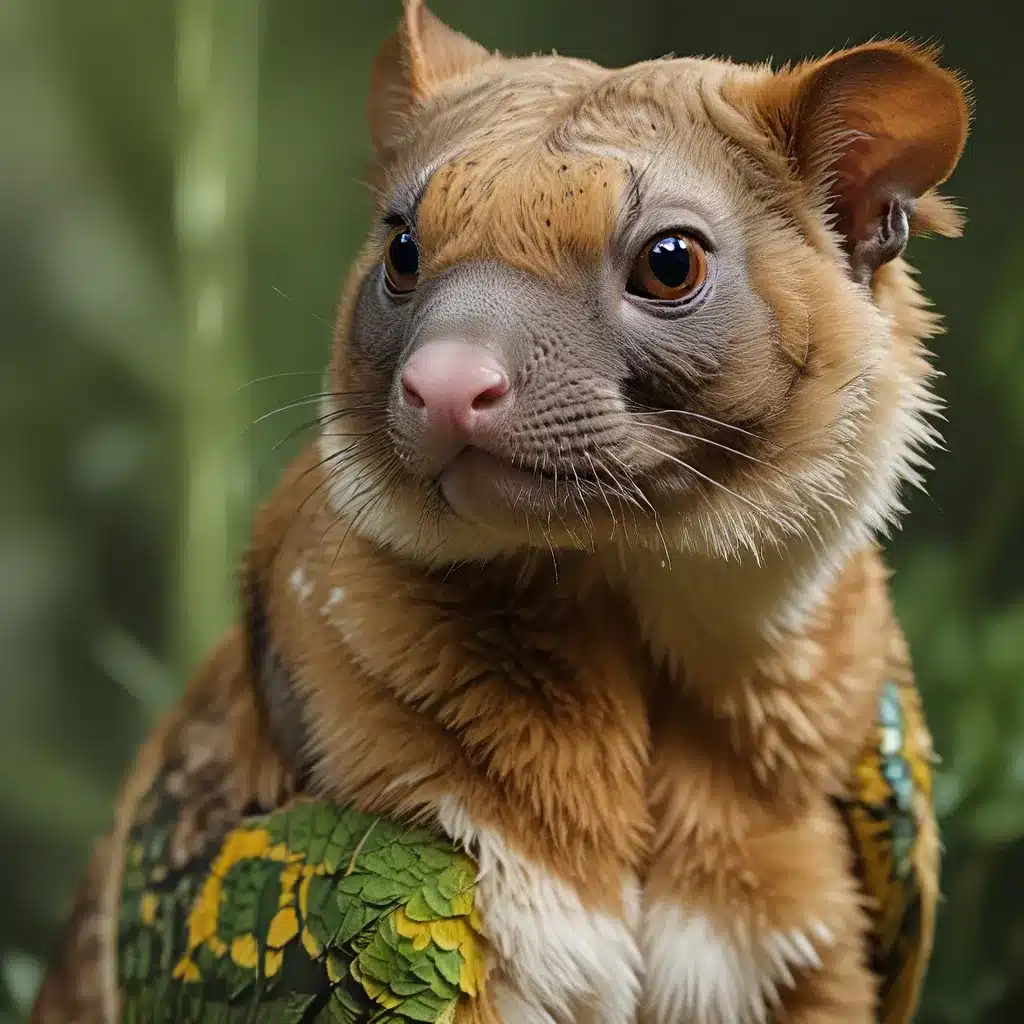
When you think of exotic pets, what comes to mind? Majestic tigers lounging in sun-dappled enclosures? Playful monkeys swinging from branch to branch? Or perhaps the mesmerizing gaze of a striking snake coiled in its terrarium? Exotic pets have a certain allure, captivating our imaginations with their unique beauty and captivating behaviors. But as we’re drawn to these remarkable creatures, we must also consider the complex issues surrounding their care and conservation.
As an exotic pet enthusiast myself, I’ve grappled with the ethical quandaries that come with responsible ownership. On one hand, I’m enamored by the opportunity to forge a deep connection with an animal that few get to experience up-close. Yet on the other, I’m acutely aware of the potential pitfalls – from the specialized care required to the conservation concerns that come with the exotic pet trade. It’s a delicate balance, and one that deserves careful consideration.
Exotic Pets: A Window into the Wild
Let’s start by acknowledging the appeal of exotic pets. For many, keeping an unconventional animal companion is a way to cultivate a profound appreciation for the natural world. As the New York Department of Environmental Conservation notes, “Owning an aquarium or other pet can foster a lasting interest in and appreciation for the natural world.” By observing the captivating behaviors and unique adaptations of exotic species, we can develop a deeper understanding and respect for the incredible diversity of life on our planet.
Moreover, the opportunity to observe these animals up-close can inspire conservation efforts. As the World Wildlife Fund suggests, “Experiencing wildlife firsthand can create a sense of awe and wonder that motivates people to protect the natural world.” When we witness the majesty of a majestic bird of prey or the grace of a sleek feline, it can ignite a passion to ensure these species thrive in the wild.
The Conservation Conundrum
Yet, as much as exotic pets can foster conservation efforts, the trade in these animals also poses significant risks. Sadly, the demand for exotic pets has contributed to the decline of many species in their native habitats. As one source notes, “Zoos in the UK hold tens of thousands of animals captive. One of the main ways they justify this captivity is to say that they need to protect animals who are endangered in the wild.” However, the reality is that “just 9% of animals held captive are endangered and 17% are threatened in the wild.” This means that the vast majority of animals in captivity are not actually at risk in the wild, calling into question the conservation claims used to justify their captivity.
Furthermore, the removal of animals from their natural habitats can have devastating consequences. At Golden Exotic Pets, we believe in the importance of preserving wild populations and promoting sustainable practices. The disruption of ecosystems and the potential for the spread of disease when exotic species are introduced to new environments are just a few of the pressing concerns.
Striking a Delicate Balance
So, how do we reconcile the allure of exotic pets with the need for responsible conservation? It’s a complex issue without easy answers, but there are steps we can take to find a more sustainable path forward.
First and foremost, we must prioritize the welfare of the animals themselves. Exotic pets require specialized care and environments that can be challenging to replicate in captivity. Ensuring their physical and psychological well-being should be the top priority for any responsible exotic pet owner. This means providing ample space, appropriate enrichment, and veterinary care tailored to the species’ unique needs.
…

